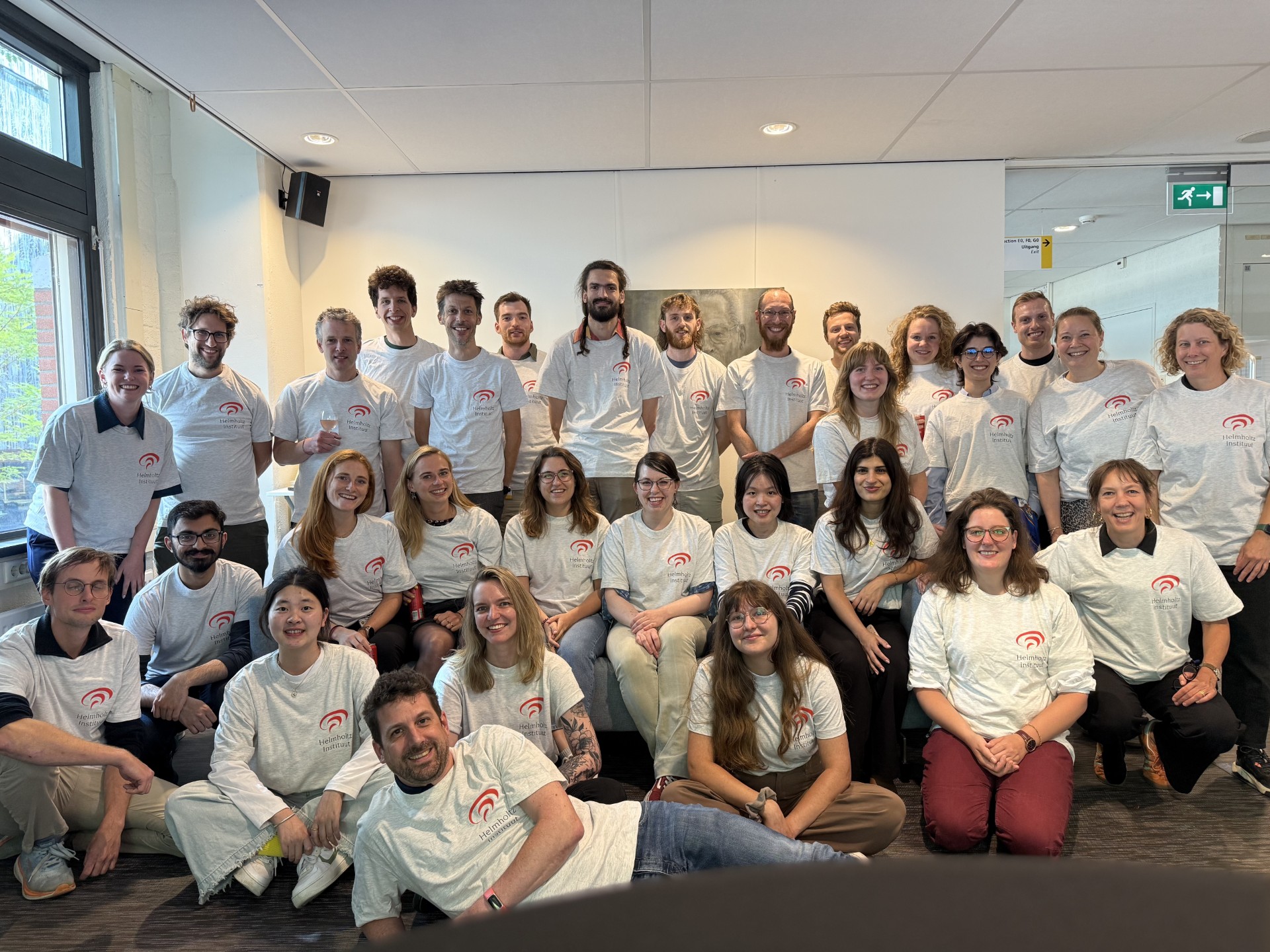Recent events

Helmholtz lecture Frans Cornelissen (Rijksuniversiteit Groningen), March 25: Imaging human neural interaction in health and disease
Assessing Cortical Visual Processing and Plasticity in an Ophthalmic Disorder: from Stimulus-Driven to Cortical Circuitry ApproachesAn unresolved question concerns the degree to which cortical neurons can adapt their receptive fields and connections when normal vision is compromised by damage to the visual system. Answering it is particularly relevant in the context of vision rehabilitation based on either…
Read more
Helmholtz lecture Caroline van Heugten, March 11: Neuropsychological interventions: the gap between research and clinical practice
Abstract: The last decades our knowledge on neuroplasticity has increased rapidly. Neuroplasticity is defined as the brain’s ability to modify, change, and adapt both in structure and function throughout life and in response to experience. Patients with brain damage due to a stroke or an accident (traumatic brain injury) are dependent on the brain’s capacity…
Read more
Helmholtz lecture Hilde Geurts, April 8: Gerontology meets Psychiatry: Autism across the adult lifespan
Friday April 8th, Prof. Hilde Geurts from the University of Amsterdam will provide this Helmholtz lecture from 16:00-17:00, with drinks afterwards in the pantry of Experimental Psychology in the Langeveld building. Below you can find the title, abstract and an option to request the link to join the hybrid meeting (this meeting will not be recorded)….
Read more
Helmholtz lecture Rob McIntosh, January 28: (Re)discovering the core character of spatial neglect (remote)
Abstract: The neuropsychological syndrome of spatial neglect, which follows right hemisphere stroke, is often considered to reflect a lateral bias of spatial attention, with an overall depletion of attentional resources. A traditional task for the diagnosis and study of neglect is line bisection, which requires the person to mark the middle of a horizontal line….
Read more
Helmholtz lecture Tim Brady, November 12: Why intuitive theories of memory lead us wrong: memory representations are continuous strength, population-based and hierarchical
Helmholtz lecture Tim Brady (Dep. of Psychology, UC San Diego): Why intuitive theories of memory lead us wrong: memory representations are continuous strength, population-based and hierarchical. Abstract: In the real world, objects are discrete physical entities – your coffee mug either is or is not in your hand. As a result, both in everyday life…
Read more
TiCS paper by Ada Tsouli et al.
Published in Trends in Cognitive Sciences (2021) by Ada Tsouli, Ben Harvey, Maarten van der Smagt and others: The role of neural tuning in quantity perception https://authors.elsevier.com/a/1dyov_V1r-K%7EIZ
Read more
Helmholtz lecture Viola Störmer, September 24th: The structure of attention and working memory
Helmholtz lecture by Viola Störmer (Department of Psychological and Brain Sciences at Dartmouth College): The structure of attention and working memory Abstract: Attention is one of the most important components of cognition: it lets us focus on specific information in the environment and determines what information enters working memory and other higher levels of processing. In this talk, I will investigate the…
Read more
Helmholtz retreat 2021
Helmholtz Retreat Program 2021
Read more
Helmholtz lecture by Andrea Antal: Transcranial direct and alternating current stimulation in the clinical practice
Andrea Antal, Department of Neurology, University Medical Center Göttingen, Germany: Transcranial direct and alternating current stimulation in the clinical practice The number of patients with neurological and psychiatric disorders, such as chronic pain, Parkinson’s and Alzheimer diseases, depression and cognitive decline, has increased over the past decade, representing a prominent health problem worldwide. While pharmacological…
Read more
Helmholtz lecture by Rufin VanRullen: Do deep learning latent spaces resemble human brain representations?
The lecture will be given by Rufin VanRullen, AI Research Chair at the Centre for Brain and Cognition Research and the Artificial and Natural Intelligence Institute in Toulouse, France. His work investigates the neural dynamics of visual perception, attention and consciousness, with a focus on neural oscillations, neural coding and deep learning. Title: Do deep…
Read more

